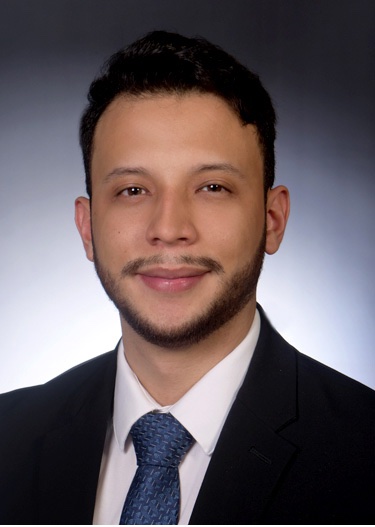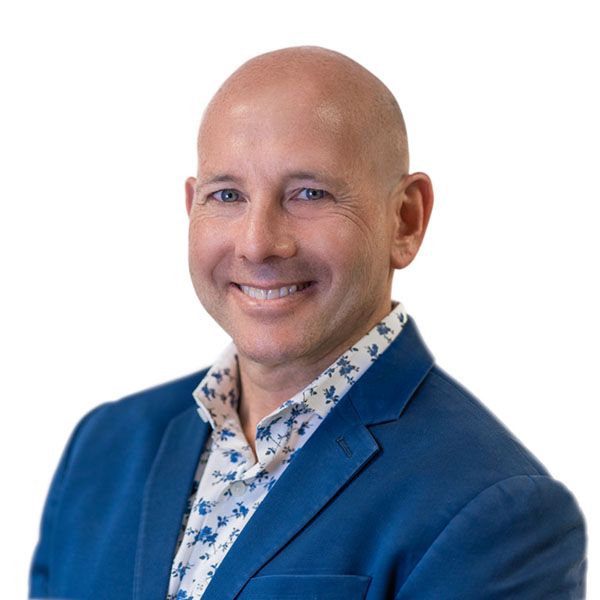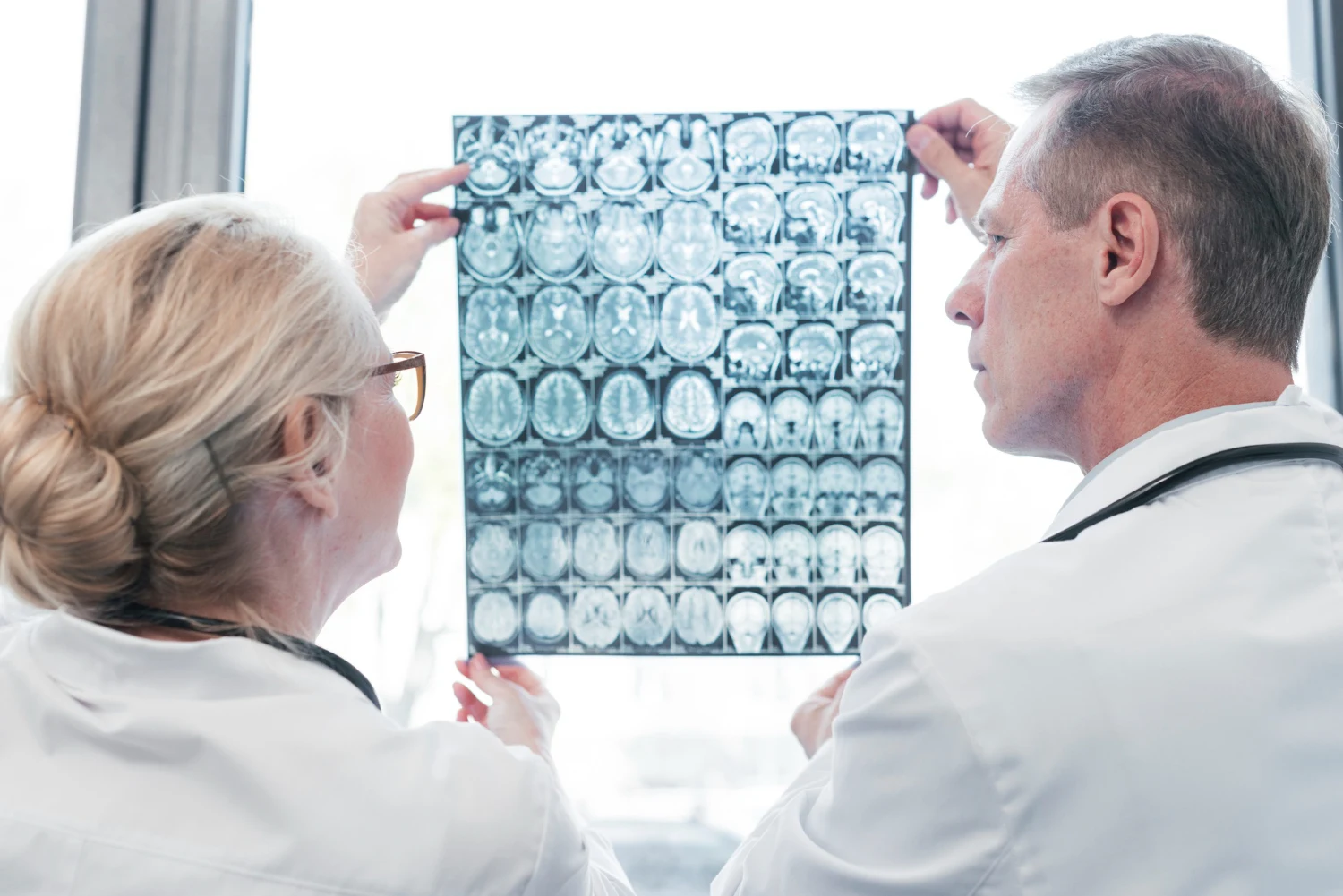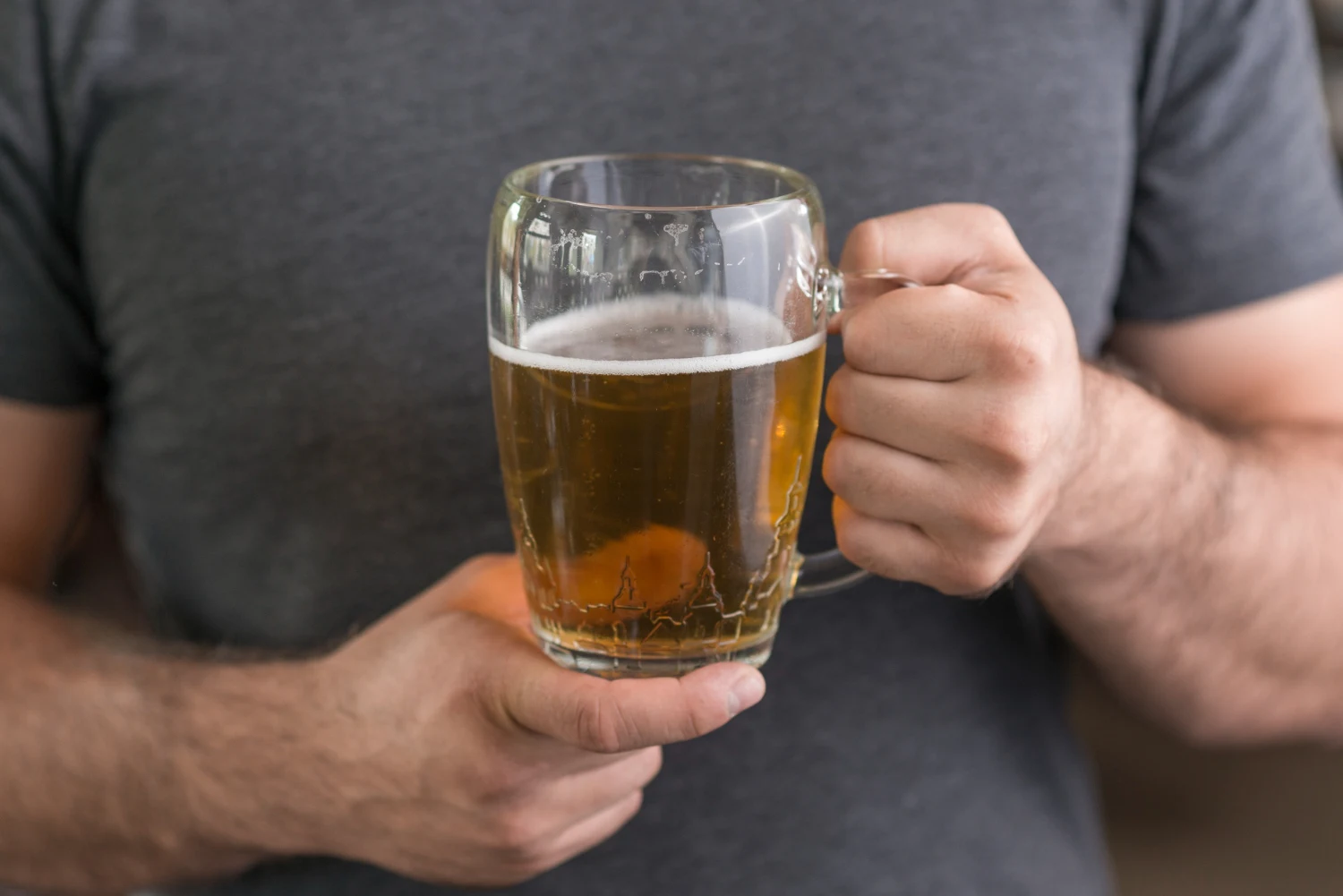Rehabilitation is a vital process for individuals struggling with addiction to drugs and alcohol, combining medical treatment and psychotherapy to address both physical and psychological aspects of substance use. Rehab services, often referred to as just "rehab," offer a range of therapies, including treatment, counseling, and support, which provide individuals with the necessary tools to manage addiction. These programs focus on harm reduction, encouraging individuals to stop or reduce drug and alcohol use and helping them develop skills for a drug-free life.
Las Vegas, known for its high-quality healthcare system, is home to some of the nation's top-rated drug and alcohol rehabilitation programs. For those seeking rehab services in Las Vegas, the city provides a variety of options at different price points. This article will explore substance abuse statistics in Las Vegas, types of rehab centers, costs, services, and practical advice for selecting the best rehab facility for individual needs. Below, you can find some of the top rehab centers in Las Vegas:
21 Treatment Centers in Las Vegas, NV
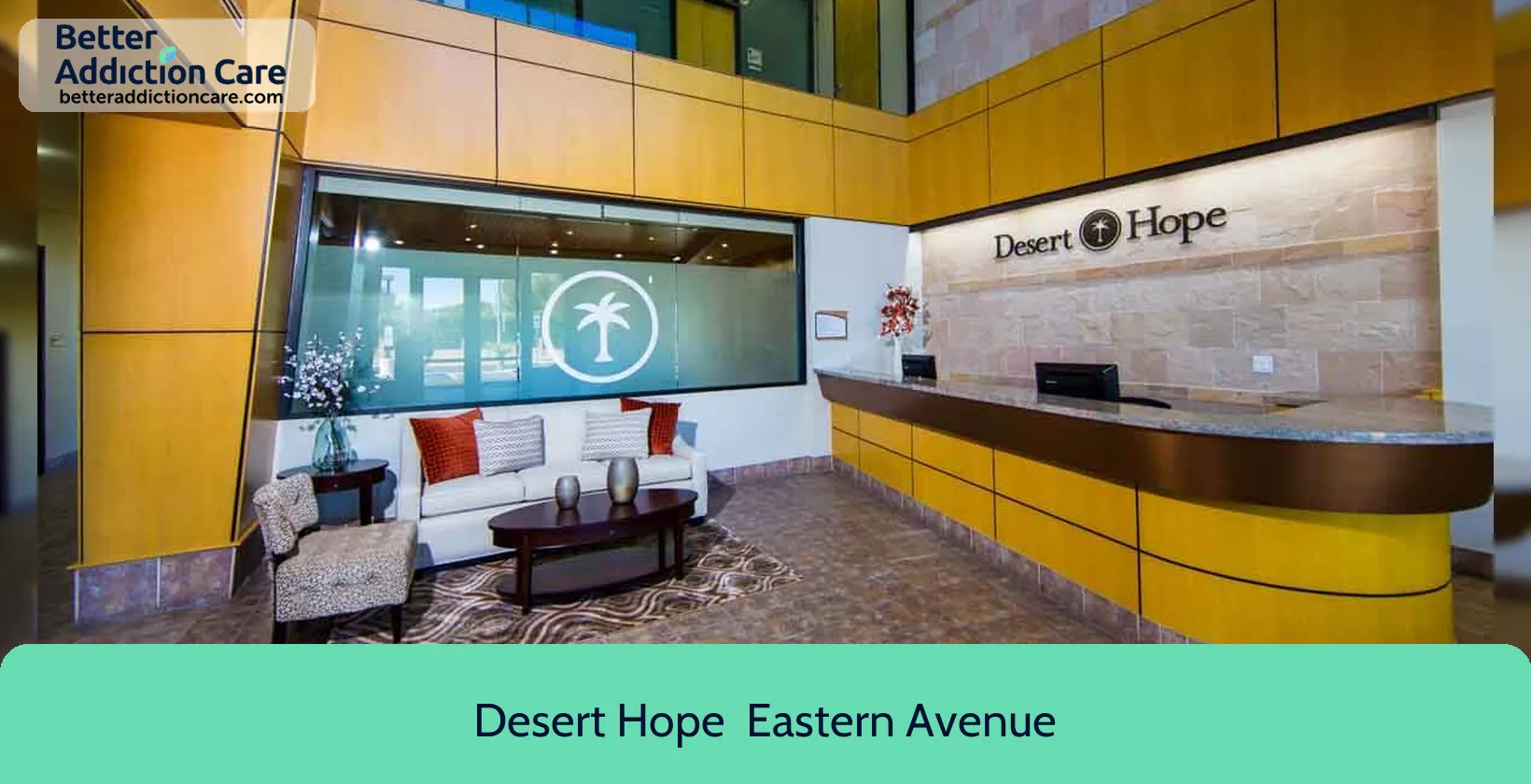
6.99
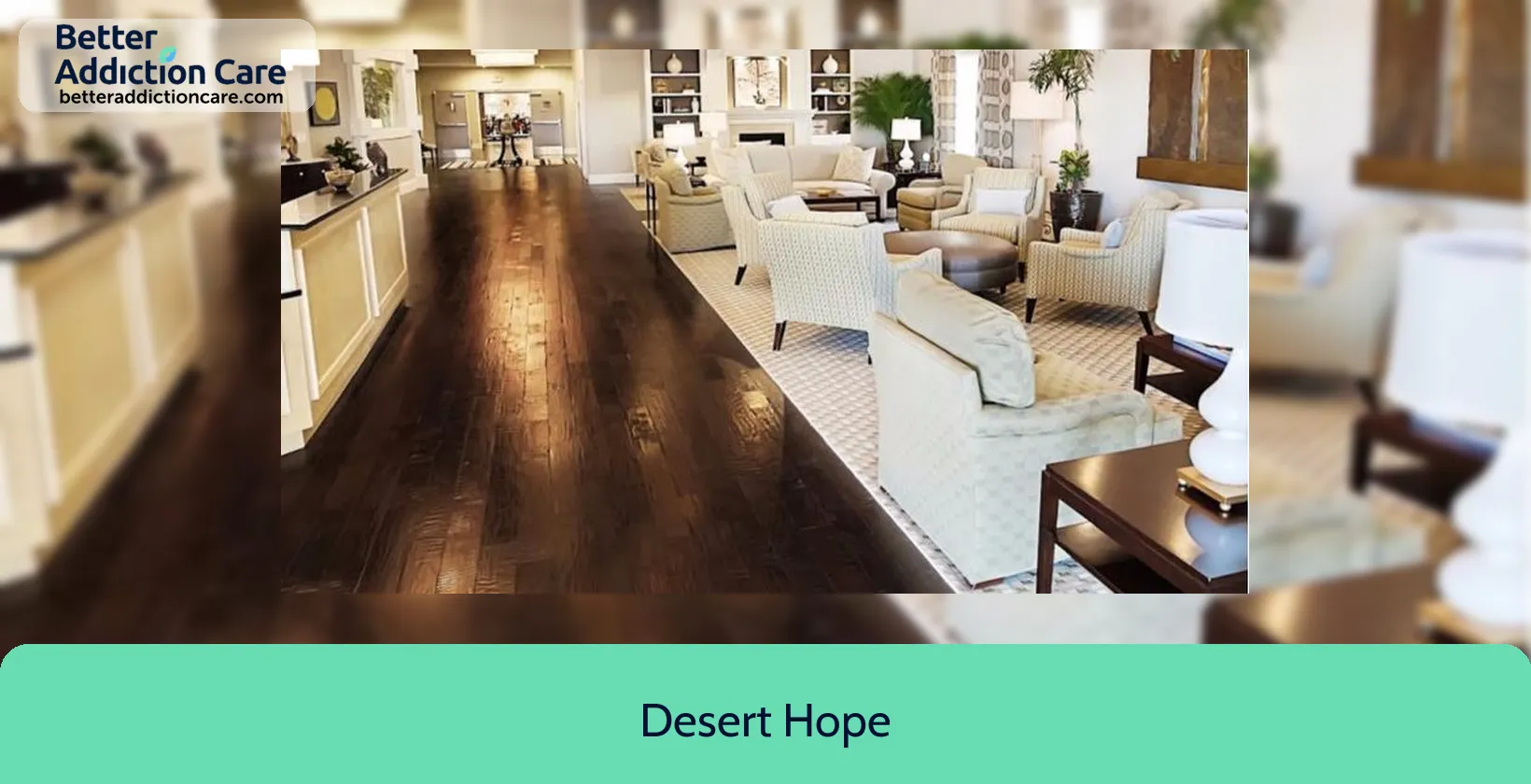
7.02
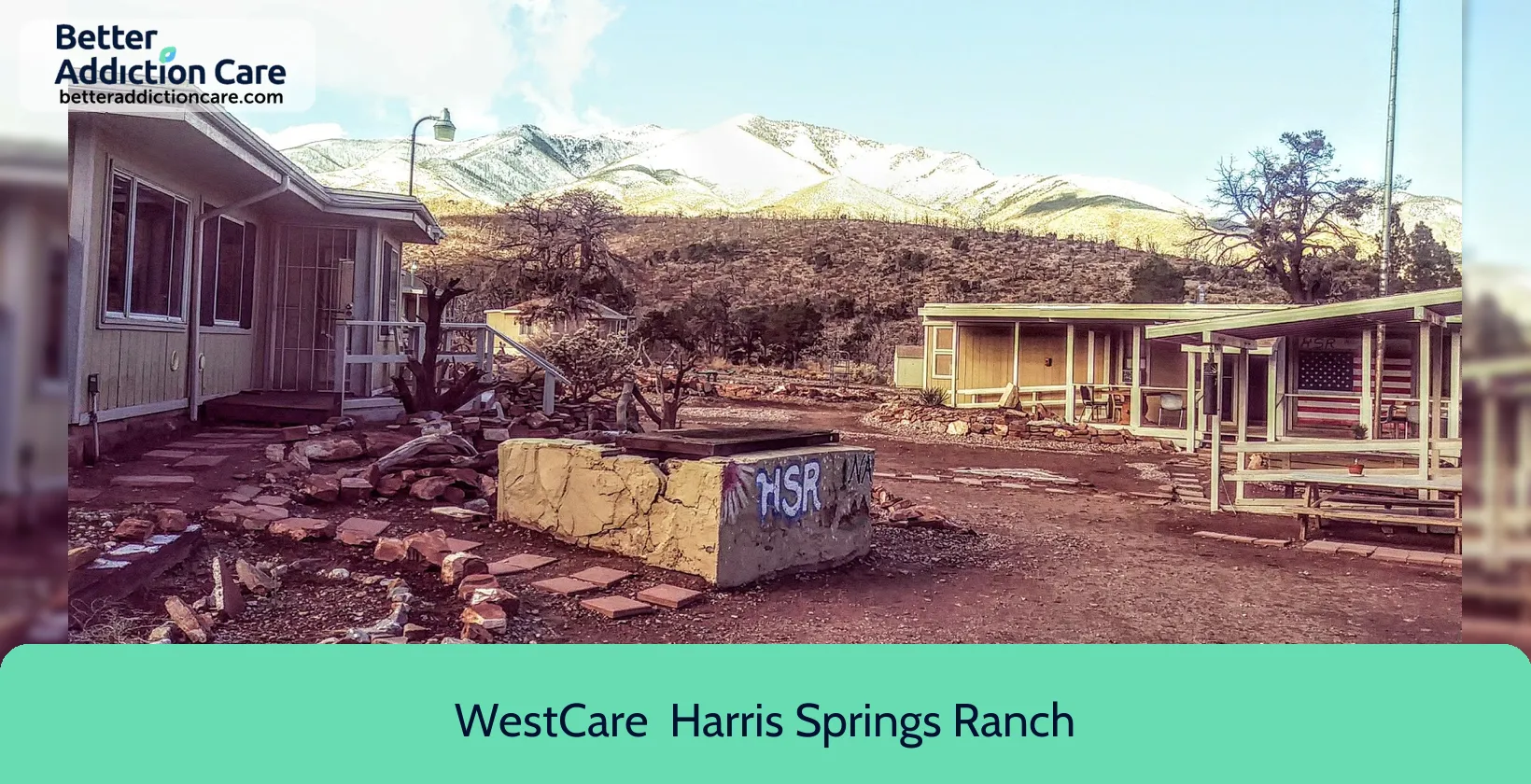
7.35
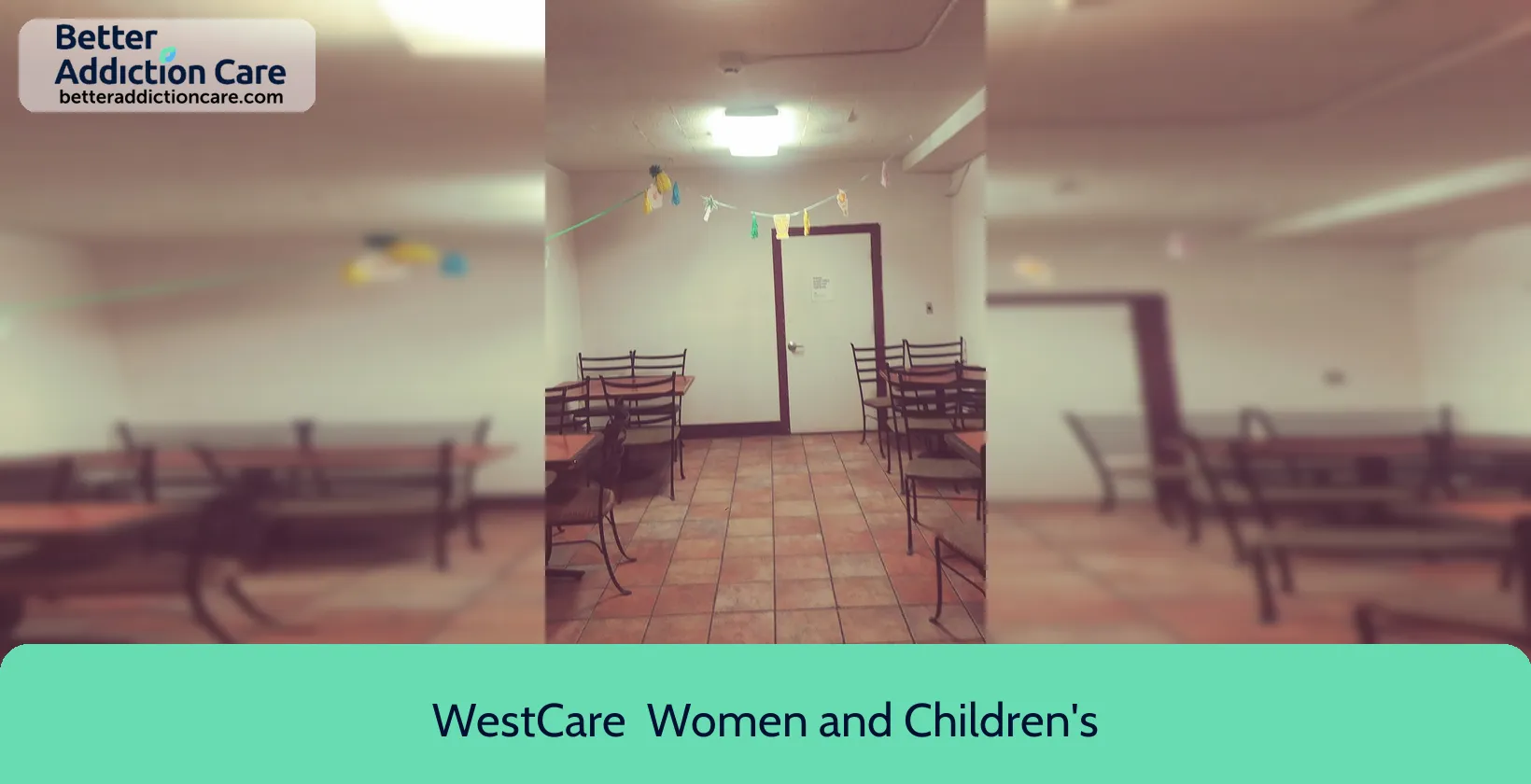
7.15
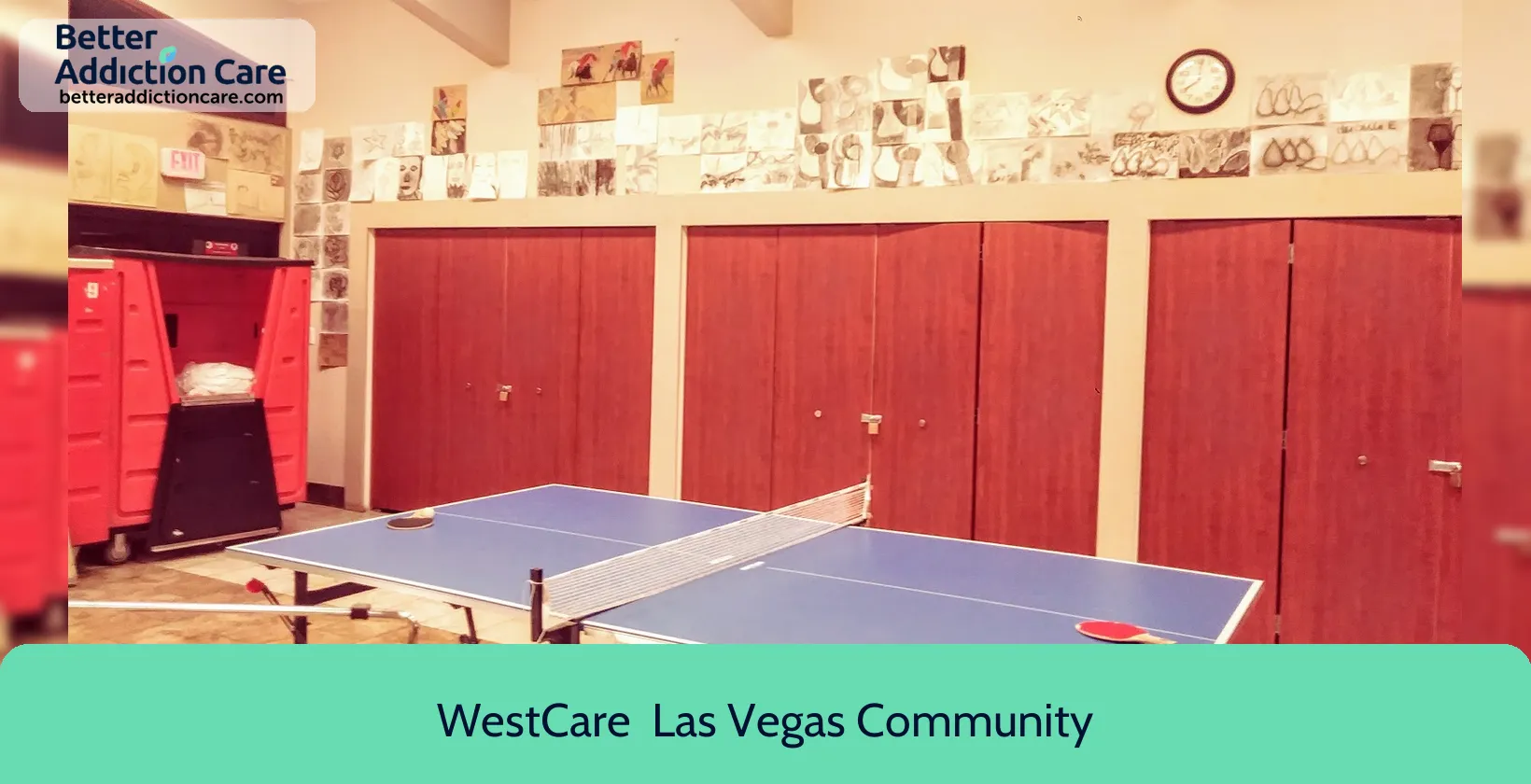
7.15
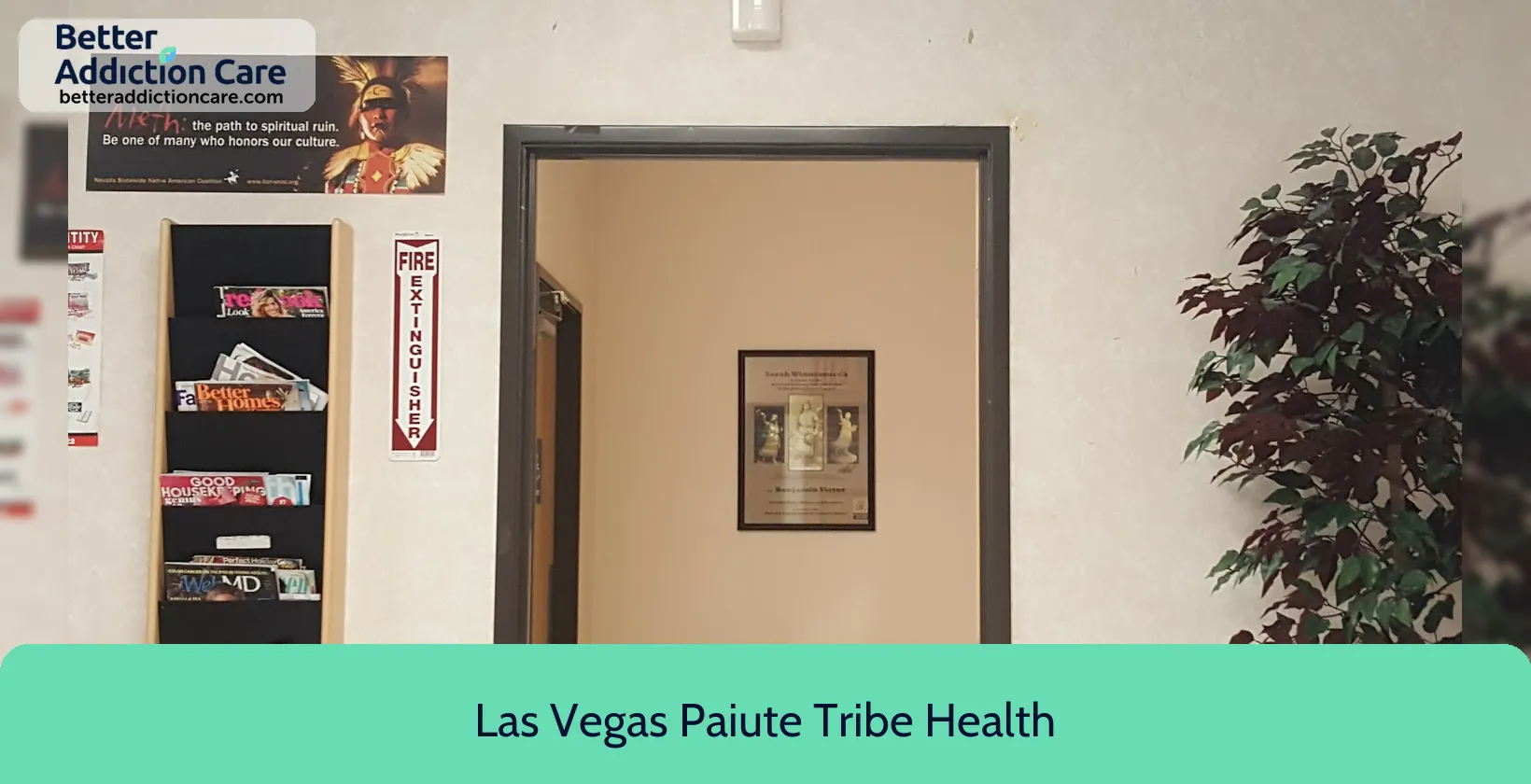
7.12
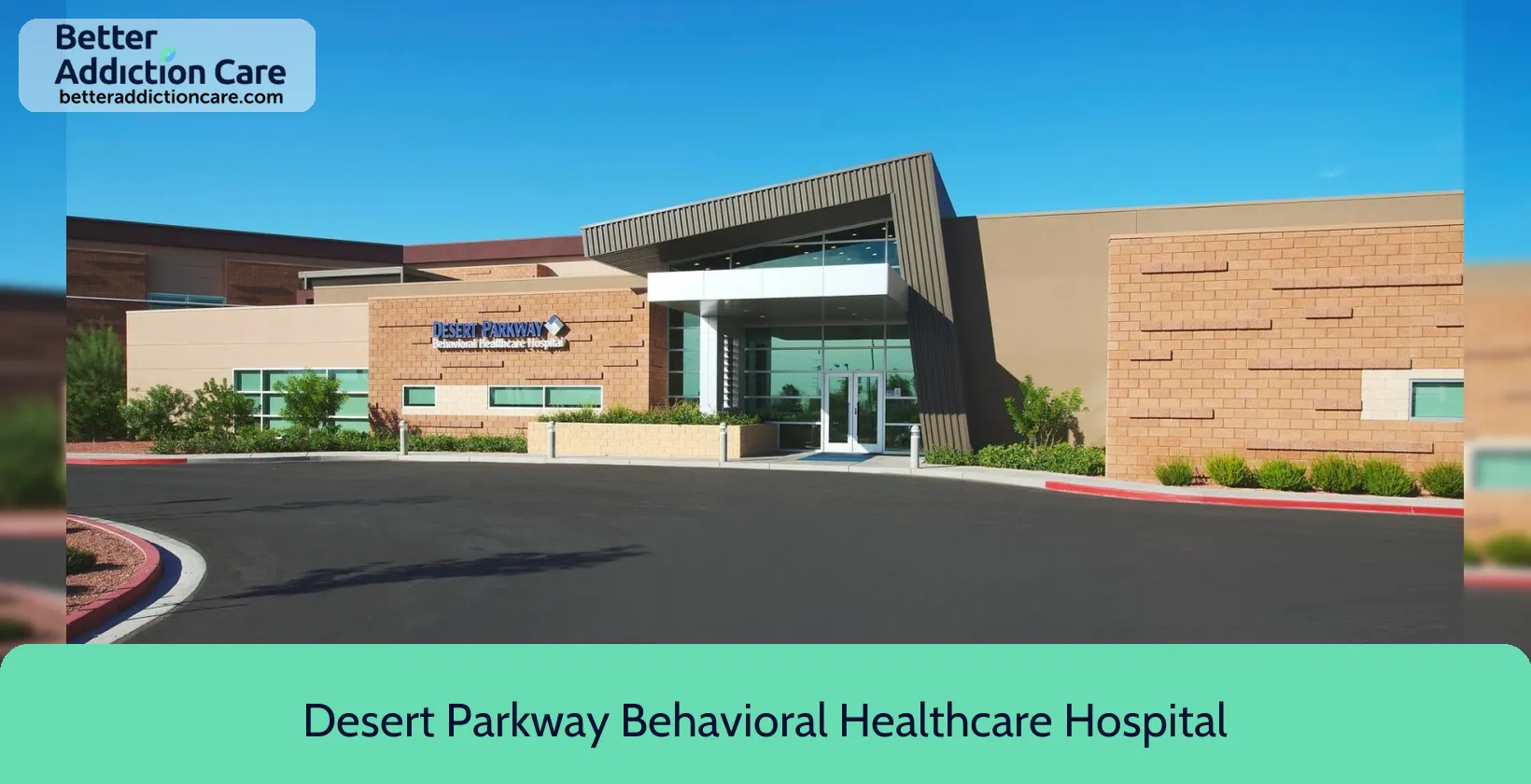
6.84

6.50
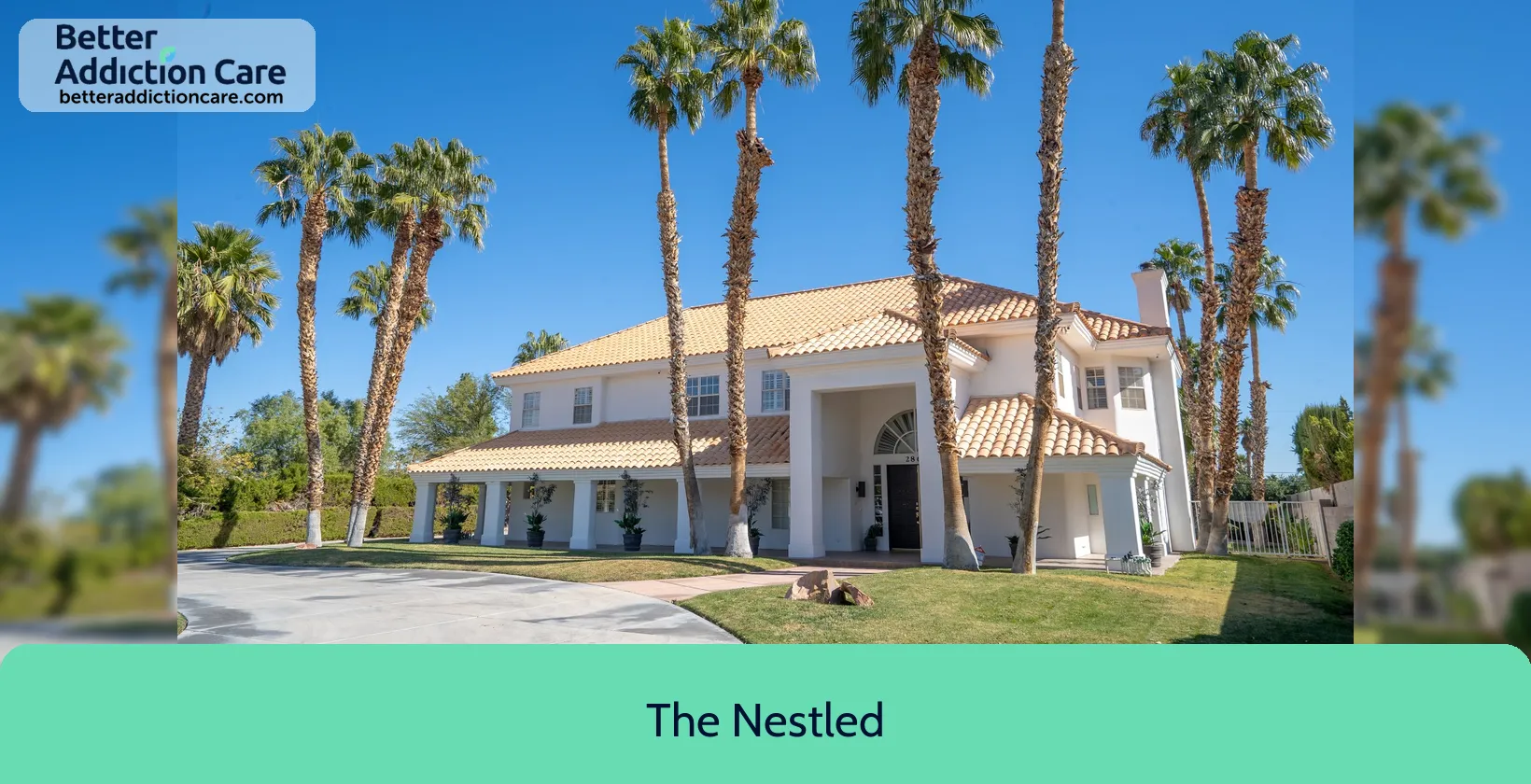
6.59
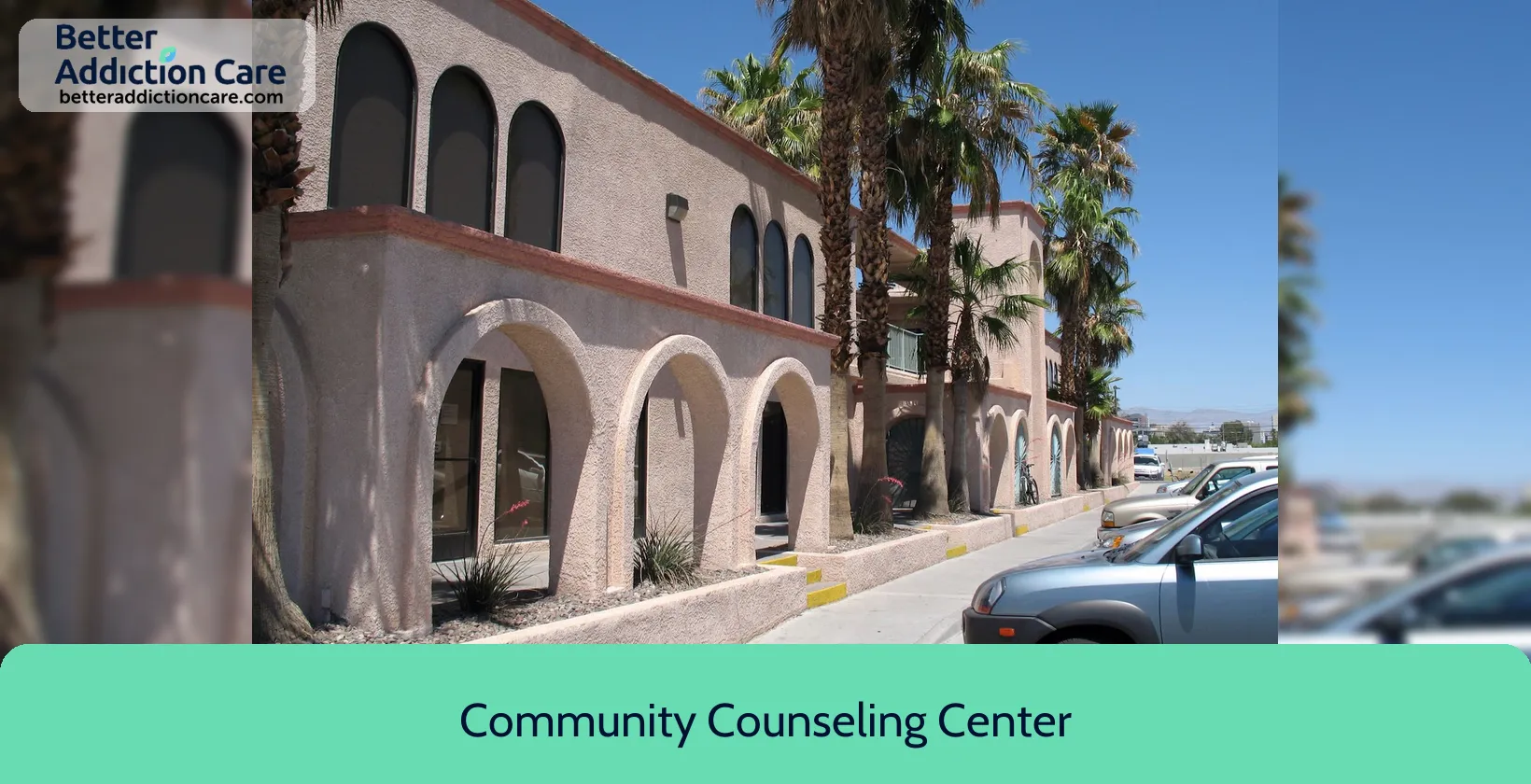
6.59
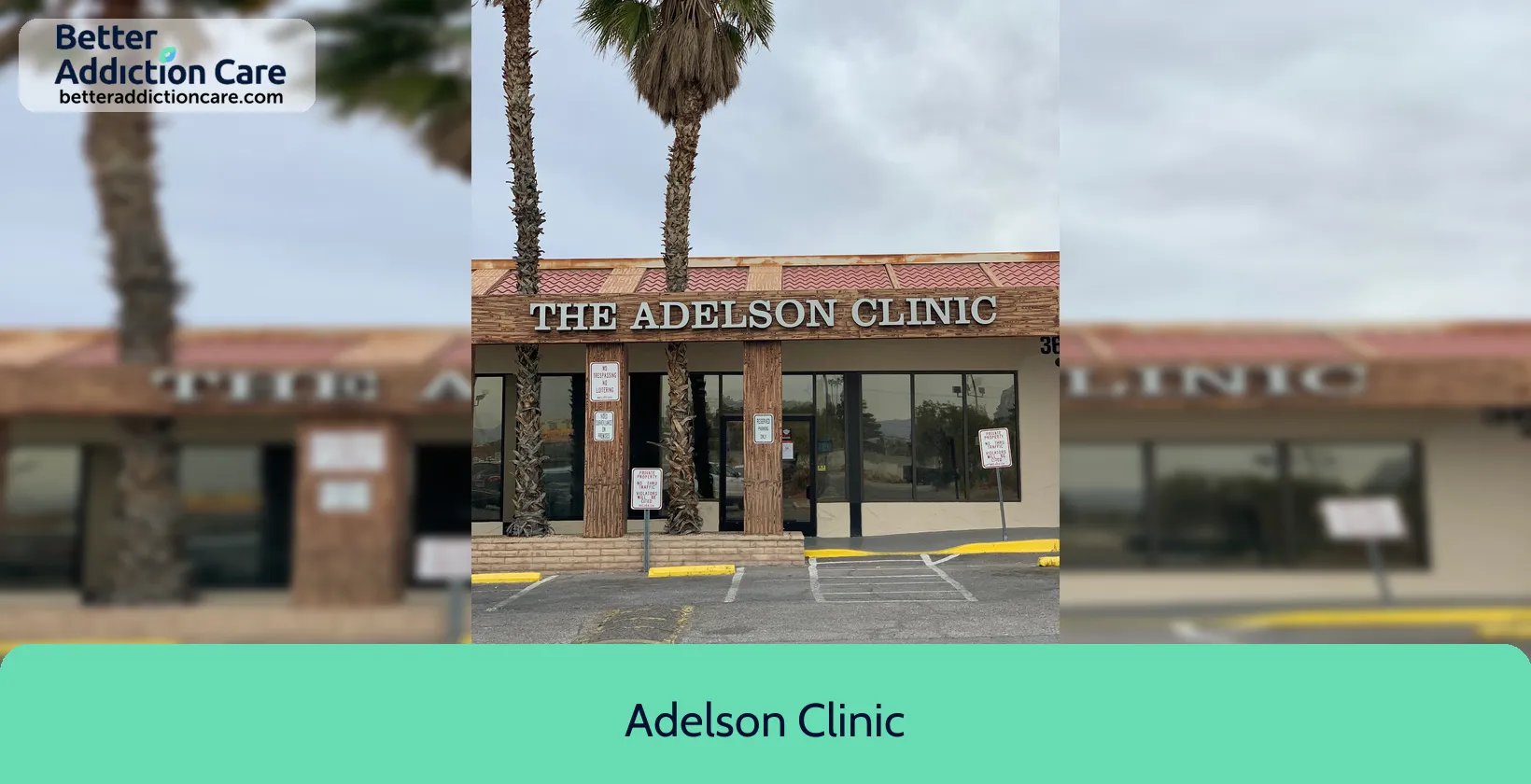
6.50
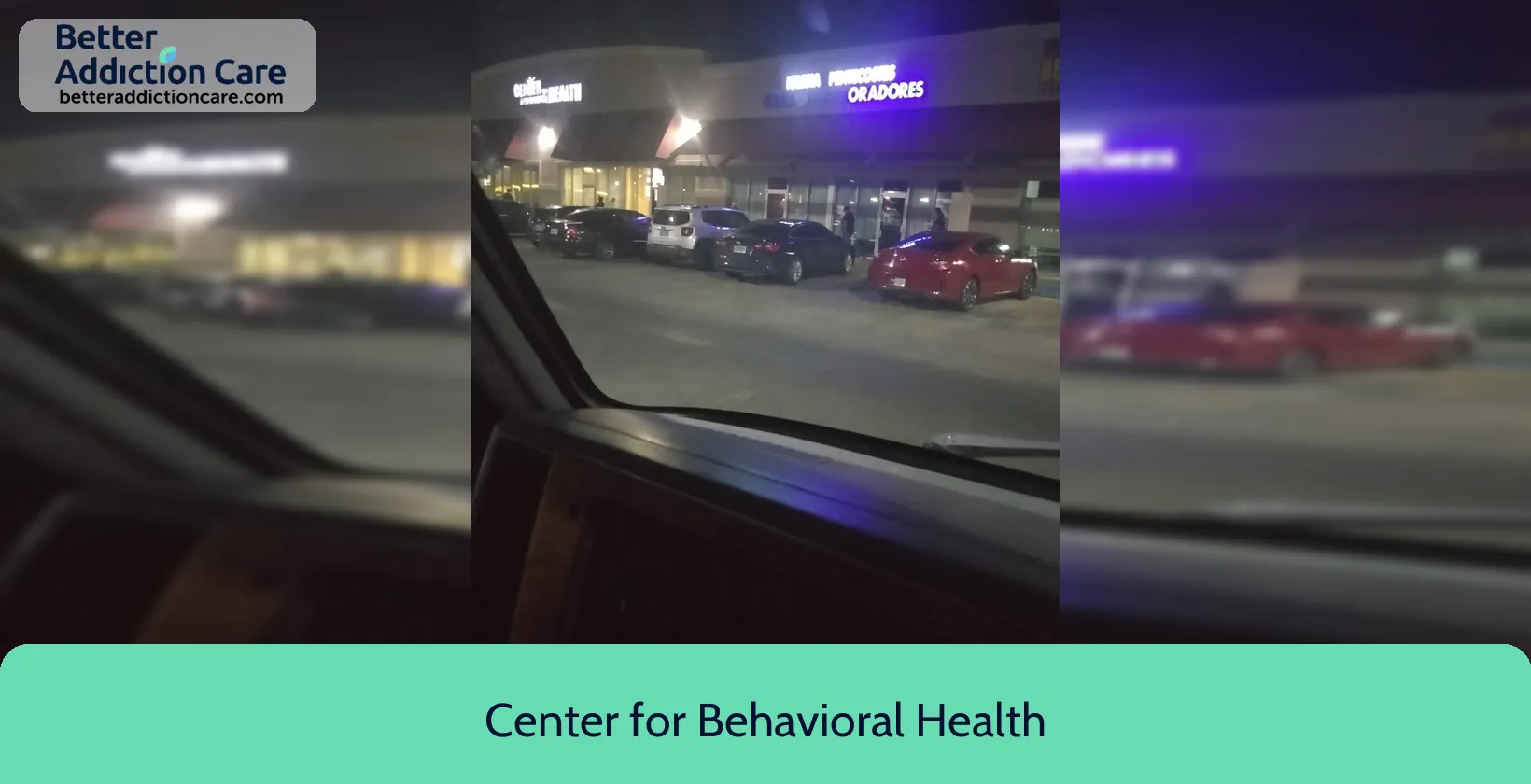
6.65

6.74

6.91

6.77

6.56

6.65

6.56

6.68

6.62

6.65
Substance Abuse Statistics for Las Vegas
Las Vegas faces significant challenges with substance abuse. On average, 233,000 individuals aged 12 or older used illicit drugs annually, highlighting the area's drug issues. Of the individuals registered, 11.2% use marijuana, and nonmedical use of prescription pain relievers like opioids in the Las Vegas area exceeds national rates.
Between 1999 and 2016, Las Vegas, Nevada's drug overdose death rate nearly doubled. Las Vegas-Nevada also had one of the highest opioid prescription rates, with 87.5 prescriptions per 100 residents, compared to the national rate of 66.5.
How Many Rehab Facilities Does Las Vegas Have?
Las Vegas has around 45 rehab centers that offer various services to help people with substance abuse and mental health issues. These centers provide detox programs, inpatient and outpatient treatments, counseling, and other therapies. Their goal is to support long-term recovery and healthier living for those in need.
Approximately 41 rehab centers in the area accept Medicaid, making them accessible to low-income people. Additionally, 26 facilities accept Medicare, providing options for elderly individuals. For those with private insurance, around 45 rehab centers are available, working with various insurance companies to offer financial flexibility. This variety means you can find a facility that fits both your budget and your treatment needs.
How Much Do Rehab Facilities in Las Vegas Cost?
The cost of drug and alcohol rehab in Las Vegas can vary significantly based on the type of treatment, length of stay, and additional therapeutic options that you require. While there is no available data on the cost of rehab in Las Vegas, some estimations can be made based on information available for rehab facilities in Nevada. For example, the average cost of rehab in Nevada is $62,530. Below, you can find the costs of inpatient and outpatient rehab services :
Inpatient rehab facilities:
-
$694.78 per day without insurance coverage
-
$277.91 per day with 60% insurance coverage
-
$138.96 per day with 80% insurance coverage
Outpatient rehab facilities:
-
$54.20 per day without insurance coverage
-
$21.68 per day with 60% insurance coverage
-
$10.84 per day with 80% insurance coverage
It's best to contact the rehab facility directly to get an accurate cost estimate. Ask for details of the expenses, including what insurance covers and any additional out-of-pocket costs for different treatment modalities. This will help you understand the full financial commitment before starting treatment.
Types of Rehab Facilities in Las Vegas
Las Vegas offers services to address substance use disorders and mental health issues, catering to various needs and preferences. These facilities in Las Vegas provide a range of options, from high-end luxury treatments to affordable, community-based support, ensuring that individuals can find the appropriate level of care for their recovery journey. Here's a list of the types of rehab centers available in Las Vegas and their features:
|
Inpatient rehab centers |
Free or Low-cost rehab centers |
|||
FEATURES |
Residential program |
Schedule according to work, school, or other |
Comfortable accommodations |
Basic treatment |
|
Continuous monitoring |
Day programs (partial hospitalization) |
Holistic activities |
Detoxification programs (in some cases) |
|
|
Therapy sessions |
Regular therapy and addiction counseling |
Individualized treatment |
Community support |
|
|
Intensive care |
Flexible |
Gourmet food |
Government involvement sometimes |
|
|
Hour-programs available |
Premium services |
Accessible for limited financial resources |
Las Vegas Rehab Insurance
Coverage for residential alcohol and drug rehab treatment often depends on your insurance policy and the level of coverage you have. If you have private health insurance, whether it’s a personal plan or an executive/professional plan provided by your employer, you might qualify for financial assistance for treatment.
Understanding how your rehab insurance works in Las Vegas is crucial for accessing the necessary care. Most insurance plans in Las Vegas offer some degree of rehab coverage, but the specifics can vary significantly based on your plan. Coverage may include inpatient rehabilitation and outpatient services or impose limits on the duration of treatment.
Here’s a general list of common insurance providers and plans that rehab centers in the area may accept:
Choosing the Right Rehab Center in Las Vegas
Choosing the right drug or alcohol rehab facility in Las Vegas is essential for effective treatment and lasting recovery. Here are some key factors to consider:
-
Location: Consider the facility’s proximity and the environment.
-
Costs and Financing: Evaluate the costs, available financing programs, and insurance coverage to find an option that fits your budget.
-
Accreditation: Ensure the facility and its professionals are accredited and licensed by reputable organizations such as the Joint Commission Accreditation or Commission on Accreditation of Rehabilitation Facilities (CARF).
-
Success Rates: Look into the success rates of the facility.
-
Reviews: Read reviews and testimonials from others to understand their experiences with the facility.
-
Specialized Programs: Check if the center offers specialized programs tailored to your specific needs.
-
Treatment Philosophy: Understand the facility’s treatment philosophy to ensure it aligns with your values and goals.
-
Initial Consultation: Schedule an initial consultation to get a feel for the facility and ask any questions you may have.
It is also important to trust instincts as they can help to give you a sense of where you will feel comfortable and supported.
Explore the Best Las Vegas Rehabs
When picking a rehab center in Las Vegas, look for one with good credentials and experienced staff. Check what types of treatment they offer and if they have specialized programs for different needs.
Learn more about their success rates and read reviews from past clients. Make sure the location, cost, and insurance fit your budget. Consider the center’s comfort and environment. Finally, ensure they provide aftercare and support to help you stay on track after treatment.
Common Questions About Rehab in Las Vegas
Take a look at our FAQ. We've tried to fill it with all the answers you're looking for. And if not, contact us on (800) 429-7690.
Yes, seeking treatment even if you haven't hit rock bottom is important. Addressing substance misuse early can help prevent it from worsening and potentially causing more severe problems. Early intervention can lead to a more successful recovery, as you’ll have the opportunity to address the issue before it escalates.
Yes, being close to supportive friends and networks can significantly help keep you on track. Having a strong support system provides encouragement, accountability, and a sense of connection, which are crucial for maintaining recovery. Supportive friends can offer emotional support, practical help, and motivation, making it easier to stay committed to your goals.
The length of rehabilitation can impact your recovery, but effectiveness also depends on the quality of the treatment and how well it fits your needs. Generally, longer programs allow more time to address underlying issues, build coping skills, and make lasting changes. However, the right length varies for each person. Some may benefit from short-term programs, while others might need extended care for a more thorough recovery.
